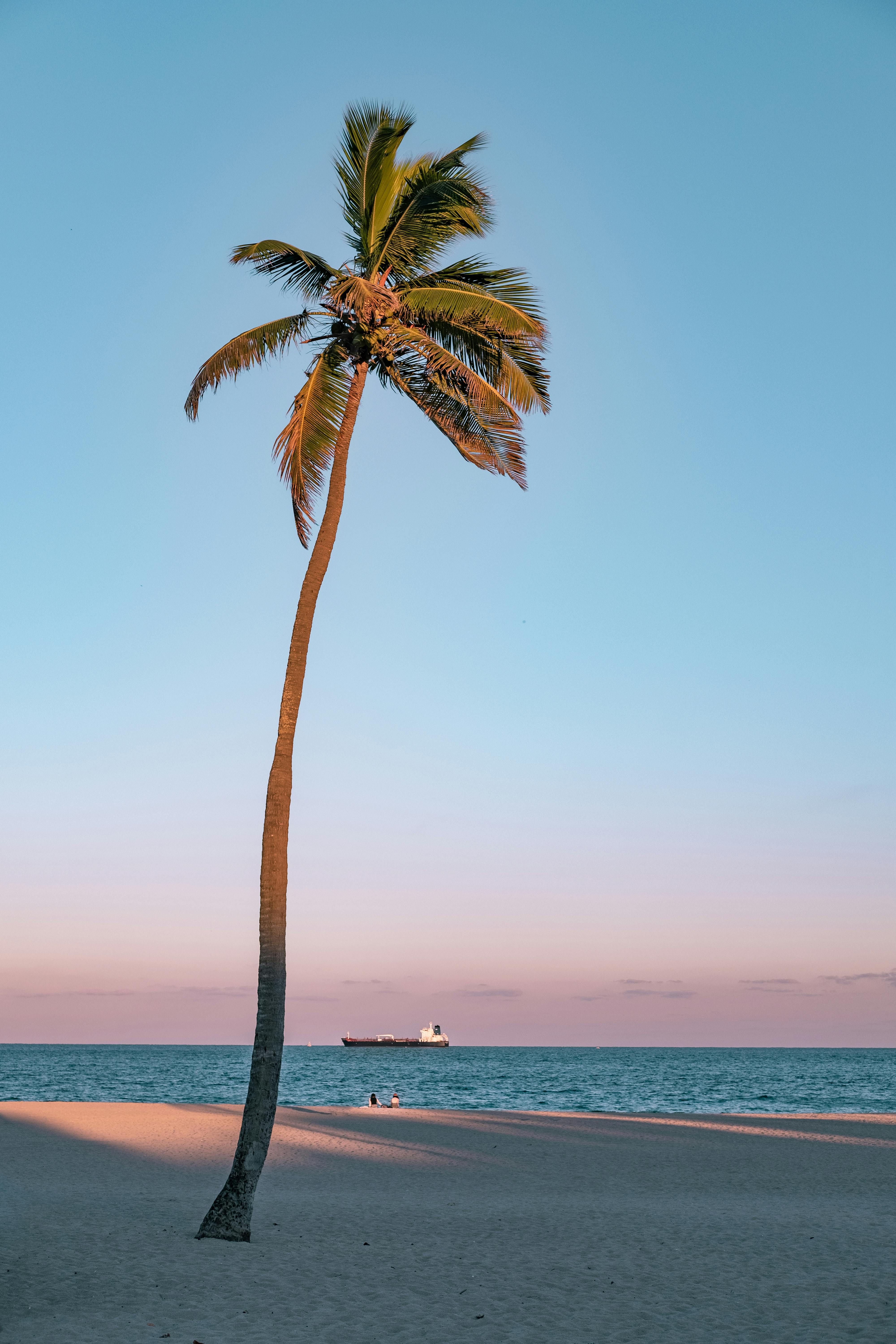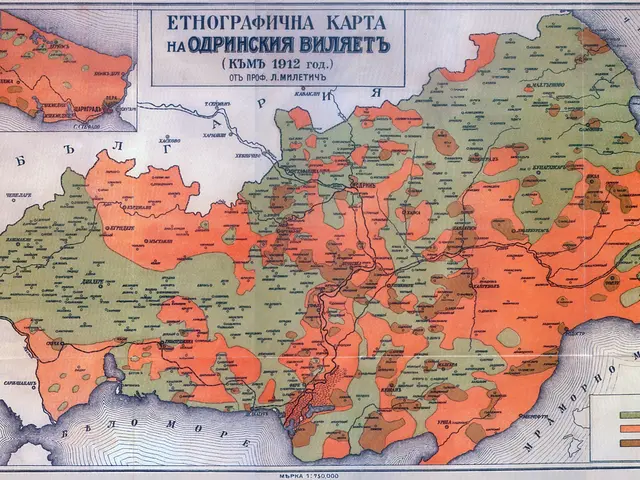St. Peter-Ording Bids Farewell to a Stranded Humpback Whale
Deceased humpback whale discovered near St. Peter's Basilica
Get the scoop on why these majestic creatures sometimes wash up on shore!
A humpback whale met a tragic end on the shores of St. Peter-Ording this weekend. This ten-meter-long behemoth, discovered by the tourist center around 800 meters south of the bridge in the Bad district, was already deceased when found. Towing equipment had to be used to remove the gargantuan corpse, as it was too heavy for normal removal methods.
The animal rendering plant in Jagel was the recipient of the decaying carcass, and with the help of local seal hunters and initial sampling, the whale was then transported there. The remains will now be subjected to rigorous examination by the Veterinary School of Hannover to gain insights into the whale's unfortunate demise.
According to NDR, the dead whale was likely stranded during Saturday morning's high tide. Humpback whales, which can reach up to 15 meters in length and weigh a whopping 40 tons, inhabit the North Atlantic. Although they're not as common in the North Sea, they predominantly feed on krill and small fish and migrate incredible distances.
A similar incident occurred just last month on the uninhabited island of Minsener Oog southeast of Wangerooge, where an undernourished juvenile humpback whale was discovered stranded.
Why Do Whales Strand?
Whale strandings can be triggered by a number of factors, such as:
- Illness or injury
- Environmental changes, like algal blooms, pollution, or shifts in water temperature and quality
- Human activities such as entanglement in fishing nets, vessel strikes, and noise pollution
Humpback whales, although somewhat frequent visitors to the North Sea, are not as associated with strandings in this region. Strandings, however, can happen due to the factors mentioned above. And while specific data on humpback whale strandings in Schleswig-Holstein remains scarce, it's crucial to monitor such events and investigate their causes to protect marine life. Strandings often serve as indicators of broader ecological issues, necessitating a comprehensive approach to resolve them.
For precise information on humpback whale strandings in the Schleswig-Holstein region, consider reaching out to local marine wildlife organizations or research institutions in the area. Stay tuned for more updates on our aquatic neighbors!
- North Sea
- Schleswig-Holstein
- Whales
- The Commission shall be likely assisted by the Member States in understanding reasons behind whale strandings as these incidents can serve as indicators of broader ecological issues.
- Since a humpback whale was discovered stranded on the uninhabited island of Minsener Oog last month, it's important to investigate strandings of these creatures in Schleswig-Holstein region to protect marine life.
- In addition to whale anatomy research, science, including environmental-science, space-and-astronomy, and sports like mixed-martial-arts, will take a backseat to understanding the causes of whale strandings.
- Schleswig may witness mixed events in the future, such as the stranding of whales, which were not as commonly observed in the region but are a possibility due to various potential triggers.
- The unfortunate demise of the humpback whale at St. Peter-Ording, while a reminder of the threats these creatures face, presents an opportunity for scientific research to provide insights and guide conservation efforts.








